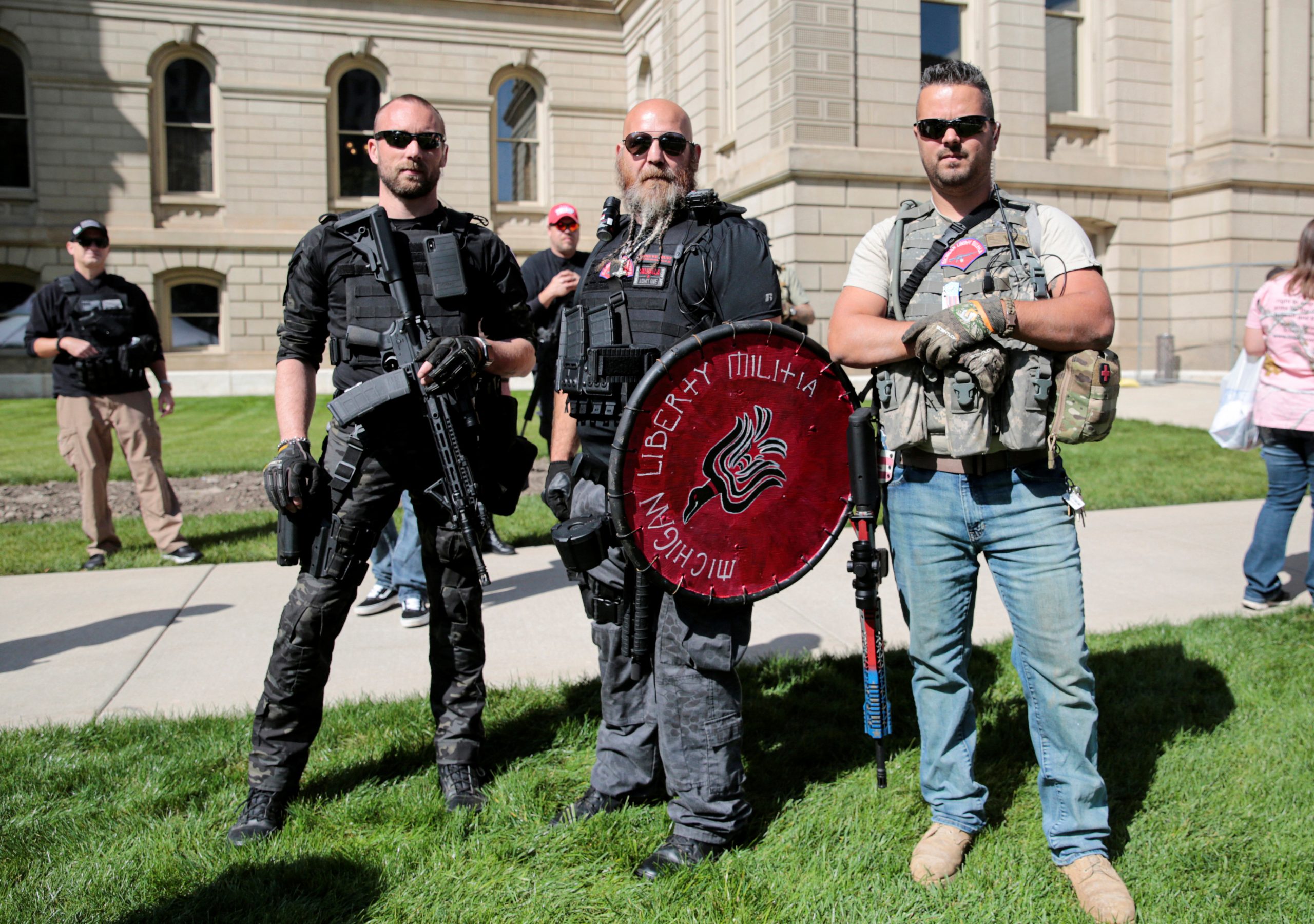
Domestic violent extremism and the 2020 election
As the 2020 election approaches, the threat of civil violence has escalated across the United States. In its annual Homeland Threat Assessment, the US Department of Homeland Security attributed much of this surge to domestic white supremacist extremists, which it called “the most persistent and lethal threat” to the country. The danger is rising: just last week, adherents of this movement were implicated in a plot to kidnap the governor of Michigan.
Such extremists have come to rely heavily on digital infrastructure to expand their ideology and tactical capability. These adherents leverage digital spaces and online forums to engage in communications, strategic planning, procurement and recruitment, creating a complex network which supports and propagates their ideology. The intelligence and counter-extremism communities share a common concern that these groups will attempt to engage in violent acts intended to intimidate or harm those participating in the electoral process, and could contest the result of the election, hampering a peaceful transfer of power.
Please join the Atlantic Council’s Digital Forensic Research Lab and Georgetown Law’s Institute for Constitutional Advocacy and Protection (ICAP) on Wednesday, October 21 from 4:00-5:00pm ET for a discussion with leading researchers who track the movements of domestic terrorist groups. Two weeks ahead of the election, these experts will contextualize the growth of US extremist organizations and militias and will explain how extremists leverage the internet to plan and engage in violent actions and crimes. They will also explore how these domestic organizations may be exploited by foreign actors interested in further destabilization of the United States, speaking to the intersections of foreign interference and domestic division.
Featuring
J.M. Berger
Author, PhD candidate
Swansea University
Jared Holt
Visiting Research Fellow
Digital Forensics Research Lab
Mary McCord
Visiting Professor of Law; Legal Director
Institute for Constitutional Advocacy and Protection, Georgetown Law


Follow the conversation